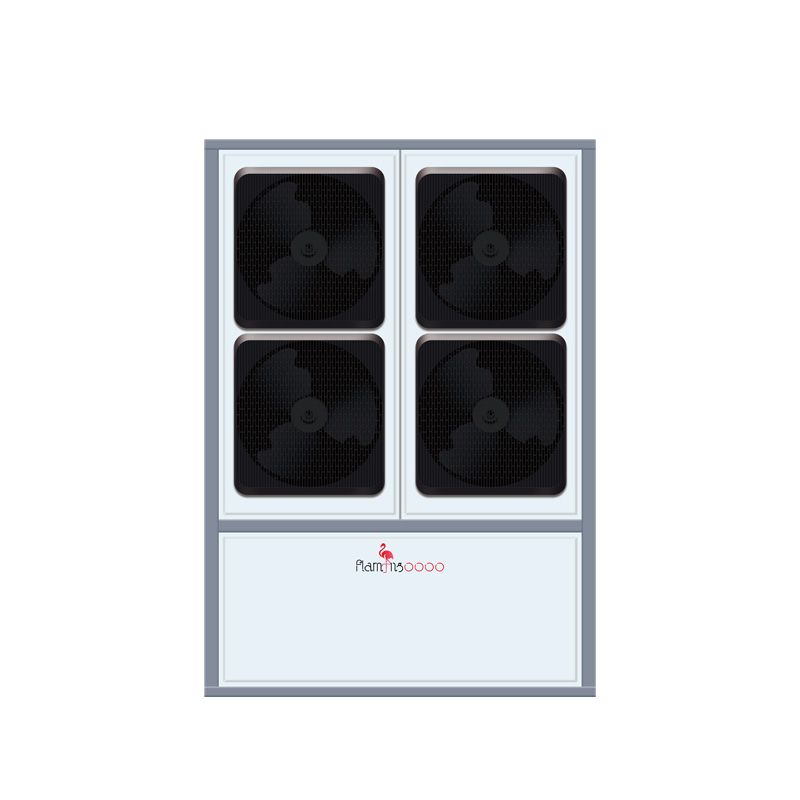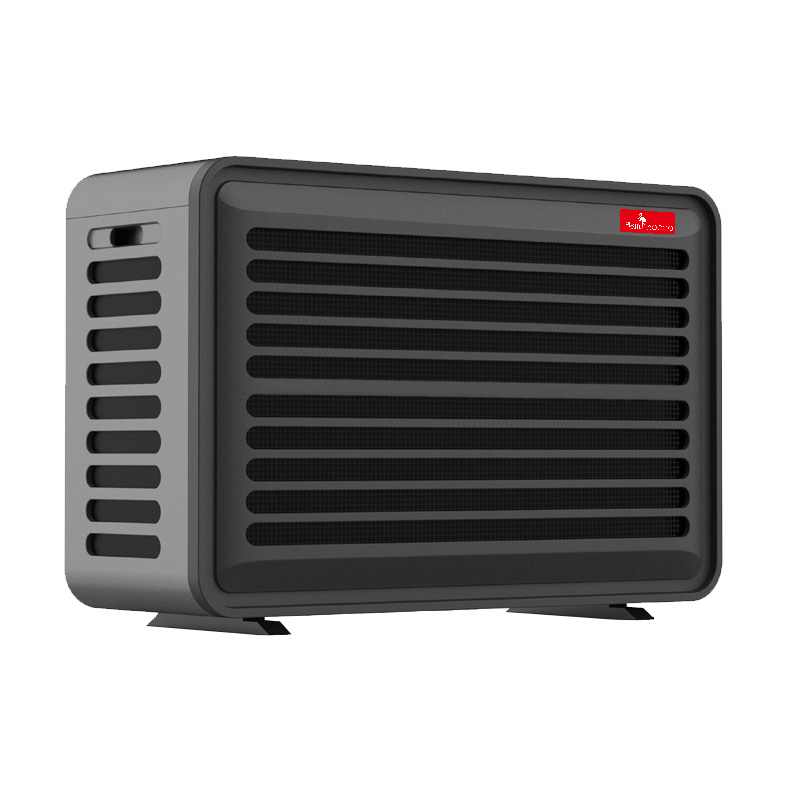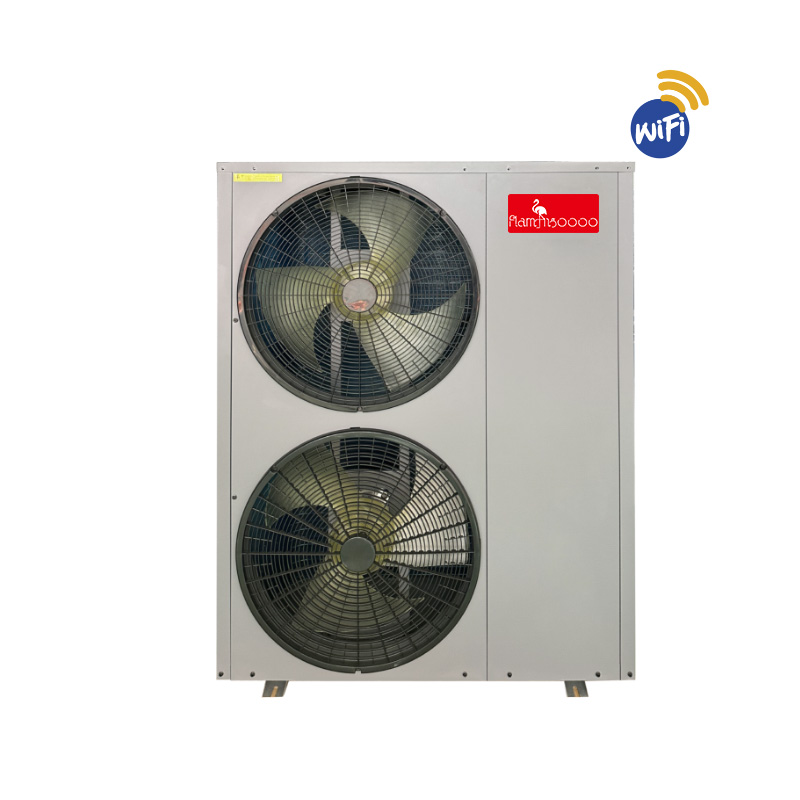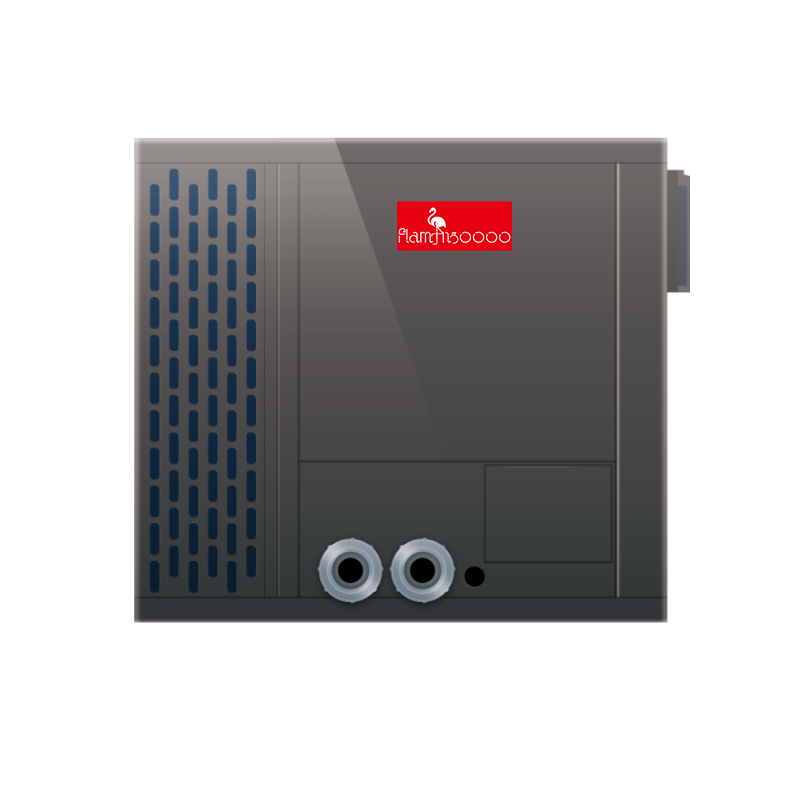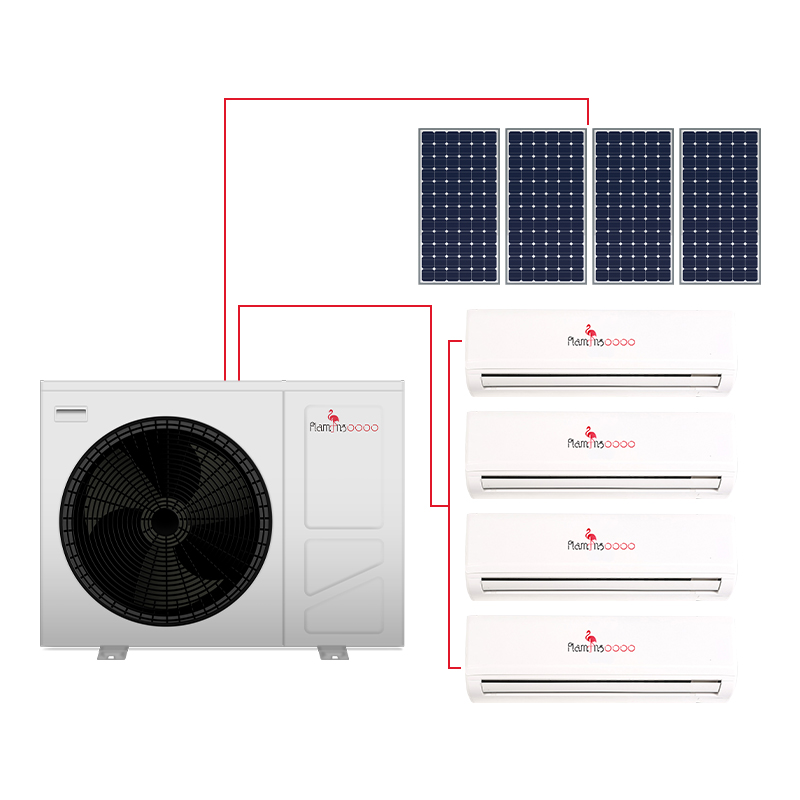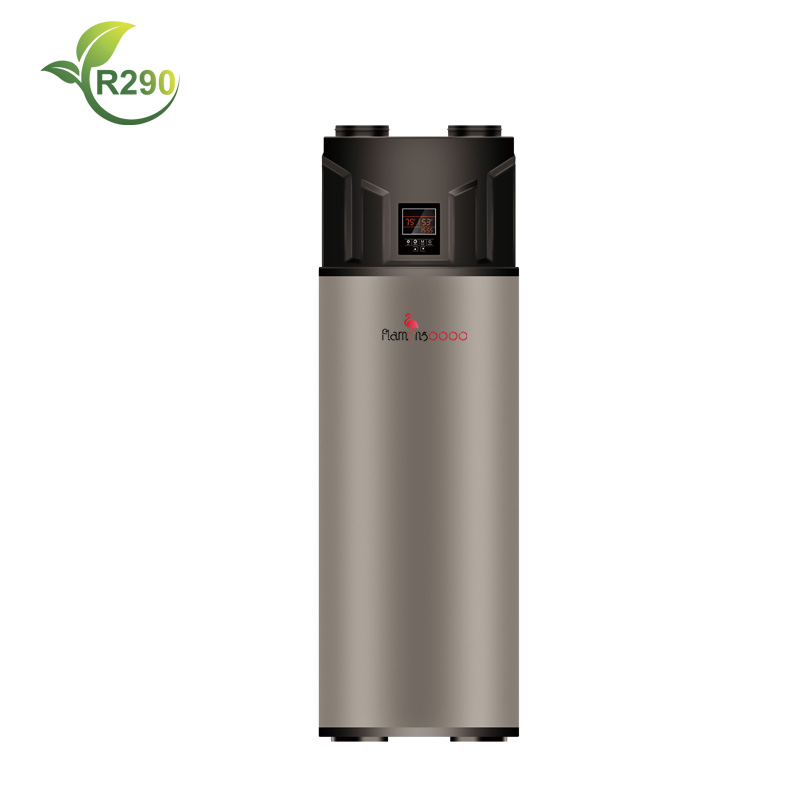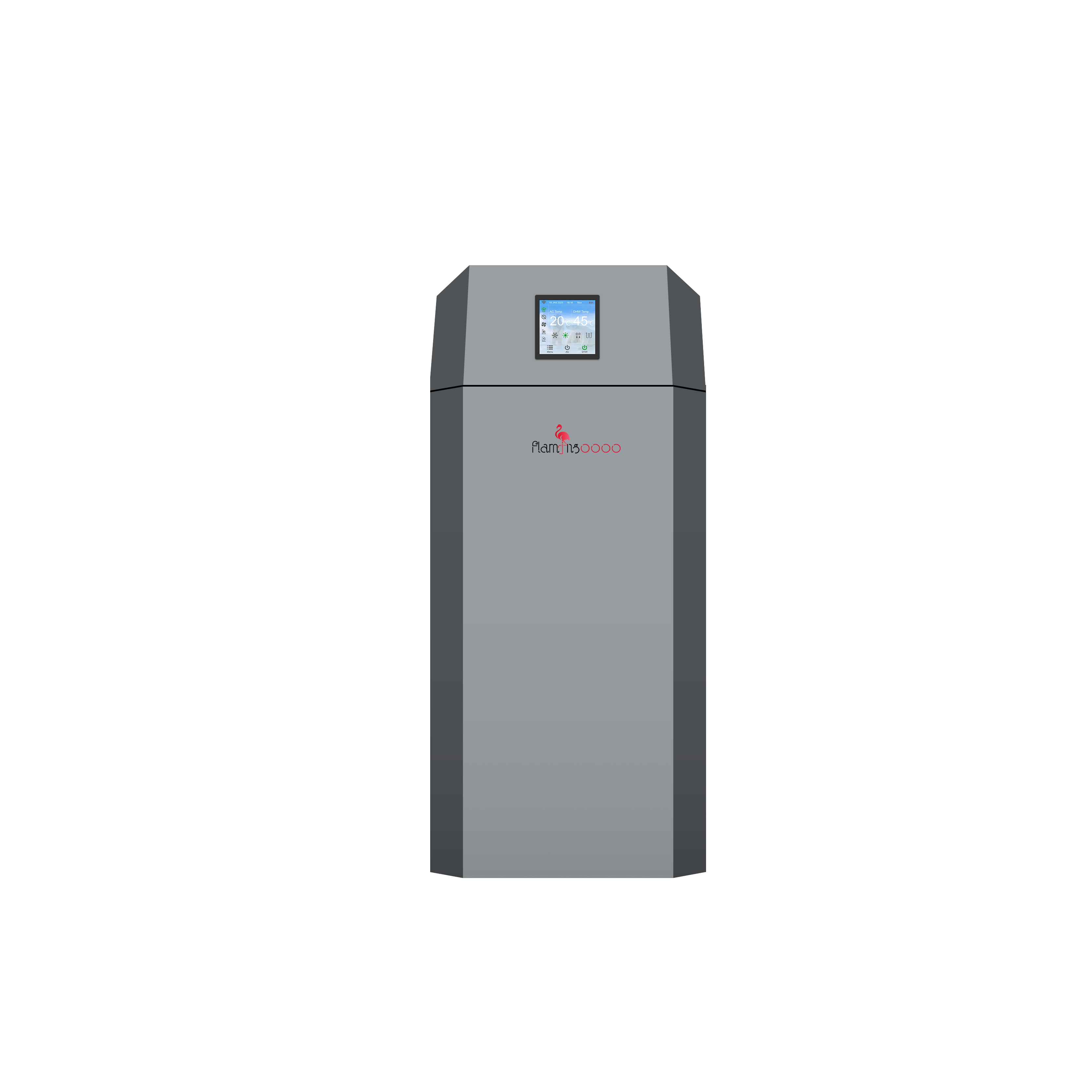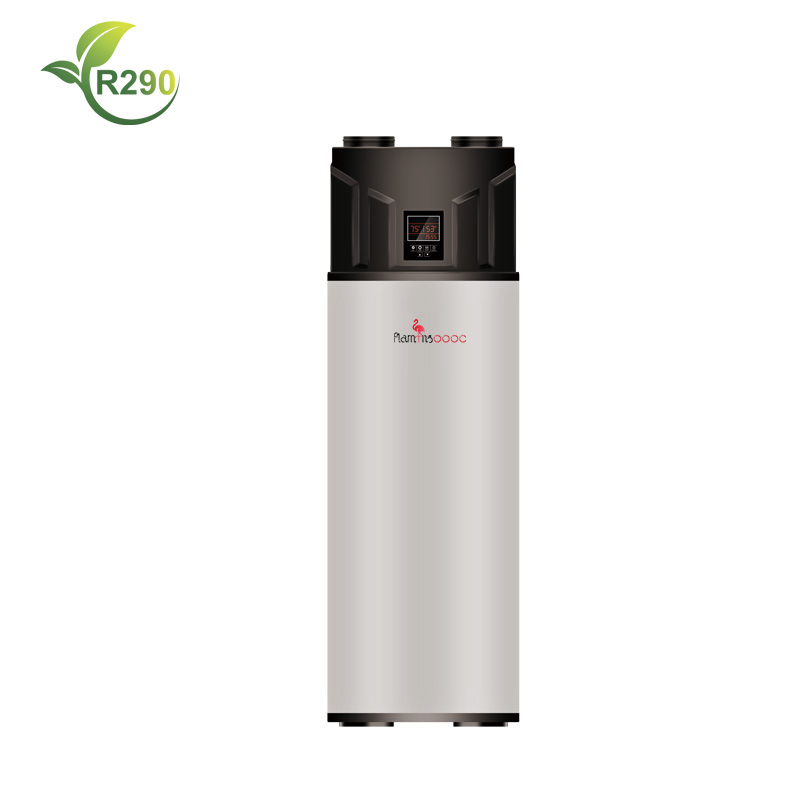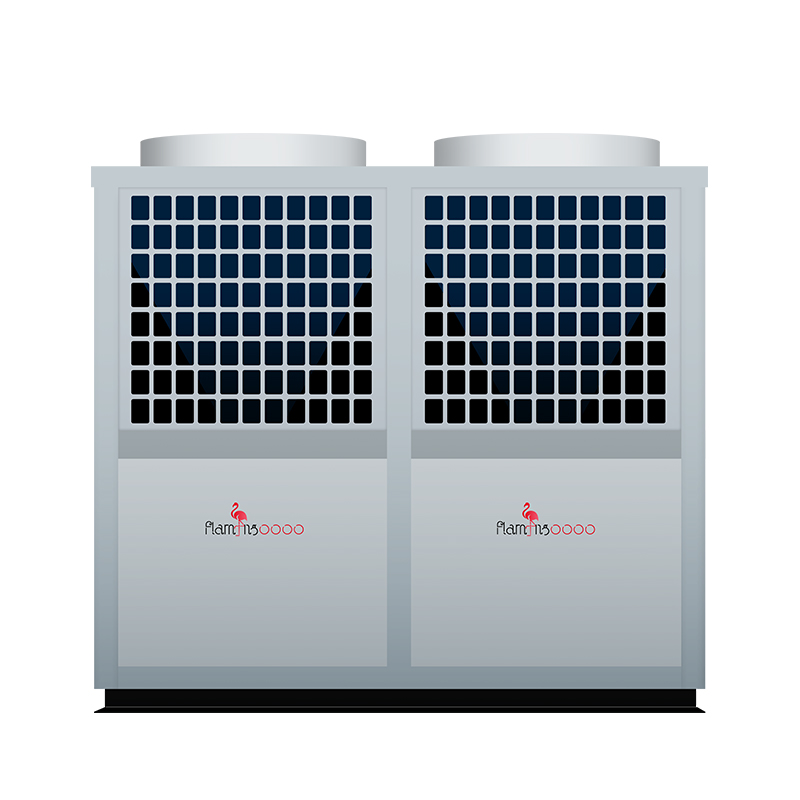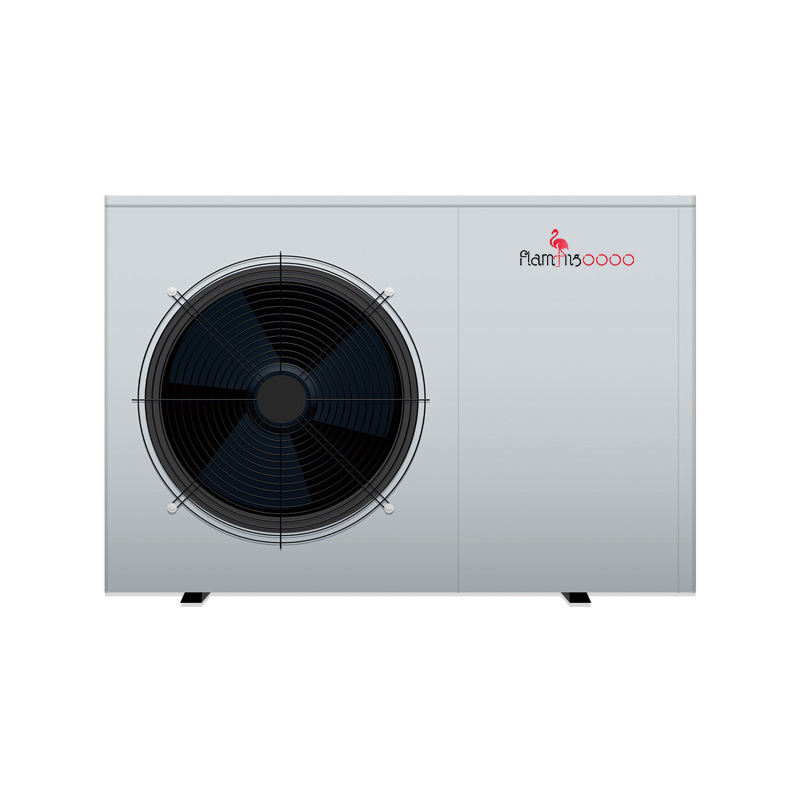Come accennato in precedenza, le moderne pompe di calore sono progettate per climi freddi. Scegliere un modello con funzionalità avanzate, come la tecnologia inverter, garantisce prestazioni affidabili anche a temperature inferiori allo zero.
Sfide di installazione
Mentre le pompe di calore geotermiche richiedono un'installazione preliminare significativa, i sistemi ad aria e senza canalizzazioni sono relativamente semplici da installare. Affidarsi a un installatore esperto riduce al minimo i disagi e garantisce prestazioni ottimali.
Suggerimenti per massimizzare l'efficienza della pompa di calore
Per sfruttare al meglio la pompa di calore in inverno, segui questi consigli:
Manutenzione ordinaria
: Pianificare la manutenzione annuale per mantenere la pompa di calore efficiente. Pulire o sostituire regolarmente i filtri per garantire un flusso d'aria adeguato.Termostati intelligenti
: Utilizza un termostato programmabile o intelligente per ottimizzare la programmazione del riscaldamento e ridurre gli sprechi energetici.Isola la tua casa
:Un isolamento e una protezione dalle intemperie adeguati impediscono la dispersione di calore, consentendo alla pompa di calore di funzionare in modo più efficiente.Riscaldamento a zone
:Se si utilizza un sistema senza condotti, sfruttare il riscaldamento a zone per riscaldare solo le stanze che si stanno utilizzando.Monitorare le prestazioni
: Tieni sotto controllo le prestazioni della tua pompa di calore e risolvi tempestivamente eventuali problemi per evitare perdite di efficienza.
Il futuro del riscaldamento: perché le pompe di calore sono qui per restare
Con l'efficienza energetica e la sostenibilità sempre più prioritarie, le pompe di calore sono destinate a dominare il mercato del riscaldamento. I governi di tutto il mondo ne stanno promuovendo l'adozione attraverso incentivi e normative, mentre i produttori continuano a innovare, rendendo le pompe di calore più efficienti e convenienti.
Supporto politicoNell'Unione Europea, il piano REPowerEU mira a installare 10 milioni di pompe di calore entro il 2027 per ridurre la dipendenza dai combustibili fossili. Analogamente, Stati Uniti e Canada stanno ampliando le agevolazioni fiscali e i rimborsi per incoraggiare i proprietari di case a passare alle pompe di calore.
Progressi tecnologiciLa ricerca continua sta migliorando le prestazioni delle pompe di calore in climi estremi, riducendo i costi e integrando tecnologie intelligenti per un controllo più efficace. Innovazioni come le pompe di calore ibride, che combinano pompe di calore con altre fonti di riscaldamento, offrono una flessibilità ancora maggiore.
Crescente consapevolezza dei consumatoriMan mano che sempre più proprietari di case sperimentano i vantaggi delle pompe di calore, il passaparola e le recensioni positive ne alimentano la domanda. Le ricerche online di "pompe di calore per il riscaldamento invernale" sono aumentate vertiginosamente, a dimostrazione del crescente interesse per questa tecnologia.
Conclusione: una scelta intelligente per i risparmi invernali
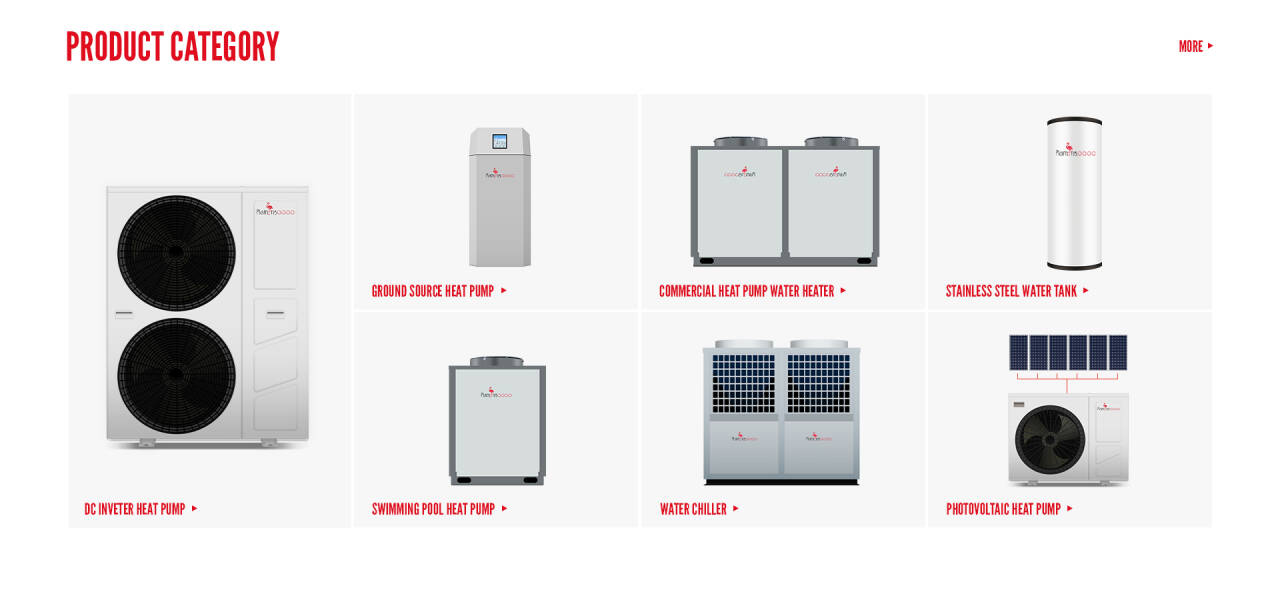
Le pompe di calore stanno rivoluzionando il riscaldamento domestico offrendo un'alternativa efficiente dal punto di vista energetico, economica ed ecologica ai sistemi tradizionali. Trasferendo il calore anziché generarlo, consentono di risparmiare energia, ridurre le bollette e le emissioni di carbonio, rendendole la scelta ideale per gli inverni freddi. Grazie agli incentivi governativi, ai progressi tecnologici e alla crescente adozione da parte dei consumatori, ora è il momento perfetto per valutare una pompa di calore per la tua casa.
Pronti a cambiare? Contattate un professionista HVAC locale per valutare le vostre opzioni e iniziare a risparmiare energia quest'inverno. Per maggiori informazioni sulle pompe di calore e altre soluzioni per il risparmio energetico, visitate il nostro sito web e unitevi alle migliaia di proprietari di casa che abbracciano un futuro più verde.
Energy Efficiency: The Key to Savings
The primary reason heat pumps save energy is their high coefficient of performance (COP). The COP measures how much heat a system produces per unit of energy consumed. For example, a heat pump with a COP of 3 delivers three units of heat for every unit of electricity used. In contrast, traditional electric heaters have a COP of 1, meaning they use one unit of electricity to produce one unit of heat. This efficiency translates directly into lower energy bills.
In cold winters, when heating demands are high, heat pumps maintain their efficiency by leveraging ambient heat sources. Even when it’s freezing outside, there’s still thermal energy in the air or ground that a heat pump can tap into. This makes them far more cost-effective than gas furnaces or electric resistance heaters, which lose efficiency as temperatures drop.
Backup Heating for Extreme Cold
For regions with prolonged sub-zero temperatures, many heat pumps come with a backup heating system, such as electric resistance coils, to supplement heating on the coldest days. While this backup system is less efficient, it’s rarely needed, ensuring that your overall energy consumption remains low.
Financial Benefits of Heat Pumps in Winter
Switching to a heat pump can lead to significant cost savings, especially during the winter months when heating bills typically spike. Here’s how heat pumps help you save money:
Lower Energy Bills
Because heat pumps use electricity to move heat rather than generate it, they consume less energy overall. According to the U.S. Department of Energy, homeowners can save up to 50% on heating costs by switching from traditional systems to a heat pump. For a typical household spending $1,000 annually on heating, this could mean savings of $500 or more each winter.
Reduced Maintenance Costs
Heat pumps are generally low-maintenance compared to gas furnaces or boilers. They don’t require regular fuel deliveries or combustion-related maintenance, such as chimney cleaning. With proper care, a heat pump can last 15–20 years, reducing long-term replacement and repair costs.
Incentives and Rebates
Many governments and utility companies offer incentives to encourage the adoption of energy-efficient technologies like heat pumps. In the United States, for example, the Inflation Reduction Act provides tax credits and rebates for installing high-efficiency heat pumps. Similar programs exist in Canada, the European Union, and other regions, making the upfront cost more affordable.
Environmental Benefits of Heat Pumps
In addition to saving money, heat pumps are an environmentally friendly choice. As the world moves toward decarbonization, reducing reliance on fossil fuels is critical. Heat pumps contribute to this goal in several ways:
Lower Carbon Emissions
Since heat pumps run on electricity and don’t burn fossil fuels, they produce fewer greenhouse gas emissions than gas or oil furnaces. As the electrical grid becomes increasingly powered by renewable sources like wind and solar, the carbon footprint of heat pumps will shrink even further.
Reduced Reliance on Fossil Fuels
By using ambient heat from the air or ground, heat pumps eliminate the need for natural gas, propane, or oil. This not only reduces emissions but also helps homeowners avoid the price volatility associated with fossil fuel markets.
Support for Renewable Energy Integration
Heat pumps pair well with renewable energy sources, such as solar panels. Homeowners with solar installations can power their heat pumps with clean energy, further reducing their environmental impact and energy costs.
Choosing the Right Heat Pump for Your Home
Selecting the right heat pump depends on several factors, including your climate, home size, and budget. Here are some key considerations:
Climate Compatibility
For cold climates, look for a heat pump with a high Heating Seasonal Performance Factor (HSPF), which measures its efficiency in heating mode. Models with variable-speed compressors and low-temperature capabilities are ideal for harsh winters.
Sizing and Installation
A properly sized heat pump is critical for maximizing efficiency. An oversized unit will cycle on and off too frequently, wasting energy, while an undersized unit will struggle to keep your home warm. Work with a qualified HVAC contractor to perform a load calculation and ensure proper installation.
Integration with Existing Systems
Heat pumps can often be integrated with existing ductwork or paired with a backup heating system. Ductless mini-split heat pumps are a great option for homes without ducts, offering flexible installation and zoned heating.
Overcoming Common Concerns About Heat Pumps
Despite their benefits, some homeowners hesitate to switch to heat pumps due to concerns about cost, performance, or installation. Let’s address these concerns:
Upfront Costs
While heat pumps have a higher initial cost than some traditional systems, the long-term savings and available incentives often offset this expense. Financing options and rebates can further reduce the financial burden.
Performance in Extreme Cold
As mentioned earlier, modern heat pumps are designed for cold climates. Choosing a model with advanced features, such as inverter technology, ensures reliable performance even in sub-zero temperatures.
Installation Challenges
While ground-source heat pumps require significant upfront installation, air-source and ductless systems are relatively straightforward to install. Working with an experienced contractor minimizes disruptions and ensures optimal performance.
Tips for Maximizing Heat Pump Efficiency
To get the most out of your heat pump in winter, follow these tips:
Regular Maintenance: Schedule annual maintenance to keep your heat pump running efficiently. Clean or replace filters regularly to ensure proper airflow.
Smart Thermostats: Use a programmable or smart thermostat to optimize heating schedules and reduce energy waste.
Insulate Your Home: Proper insulation and weatherization prevent heat loss, allowing your heat pump to work more efficiently.
Zoned Heating: If using a ductless system, take advantage of zoned heating to warm only the rooms you’re using.
Monitor Performance: Keep an eye on your heat pump’s performance and address any issues promptly to avoid efficiency losses.
The Future of Heating: Why Heat Pumps Are Here to Stay
As energy efficiency and sustainability become top priorities, heat pumps are poised to dominate the heating market. Governments worldwide are promoting their adoption through incentives and regulations, while manufacturers continue to innovate, making heat pumps more efficient and affordable.
Policy Support
In the European Union, the REPowerEU plan aims to install 10 million heat pumps by 2027 to reduce reliance on fossil fuels. Similarly, the U.S. and Canada are expanding tax credits and rebates to encourage homeowners to switch to heat pumps.
Technological Advancements
Ongoing research is improving heat pump performance in extreme climates, reducing costs, and integrating smart technology for better control. Innovations like hybrid heat pumps, which combine heat pumps with other heating sources, offer even more flexibility.
Growing Consumer Awareness
As more homeowners experience the benefits of heat pumps, word-of-mouth and positive reviews are driving demand. Online searches for “heat pumps for winter heating” have surged, reflecting growing interest in this technology.
Conclusion: A Smart Choice for Winter Savings
Heat pumps are revolutionizing home heating by offering an energy-efficient, cost-effective, and environmentally friendly alternative to traditional systems. By transferring heat rather than generating it, they save energy, reduce bills, and lower carbon emissions, making them an ideal choice for cold winters. With government incentives, technological advancements, and growing consumer adoption, now is the perfect time to consider a heat pump for your home.
Ready to make the switch? Contact a local HVAC professional to explore your options and start saving energy this winter. For more information on heat pumps and other energy-saving solutions, visit our website and join the thousands of homeowners embracing a greener future.

